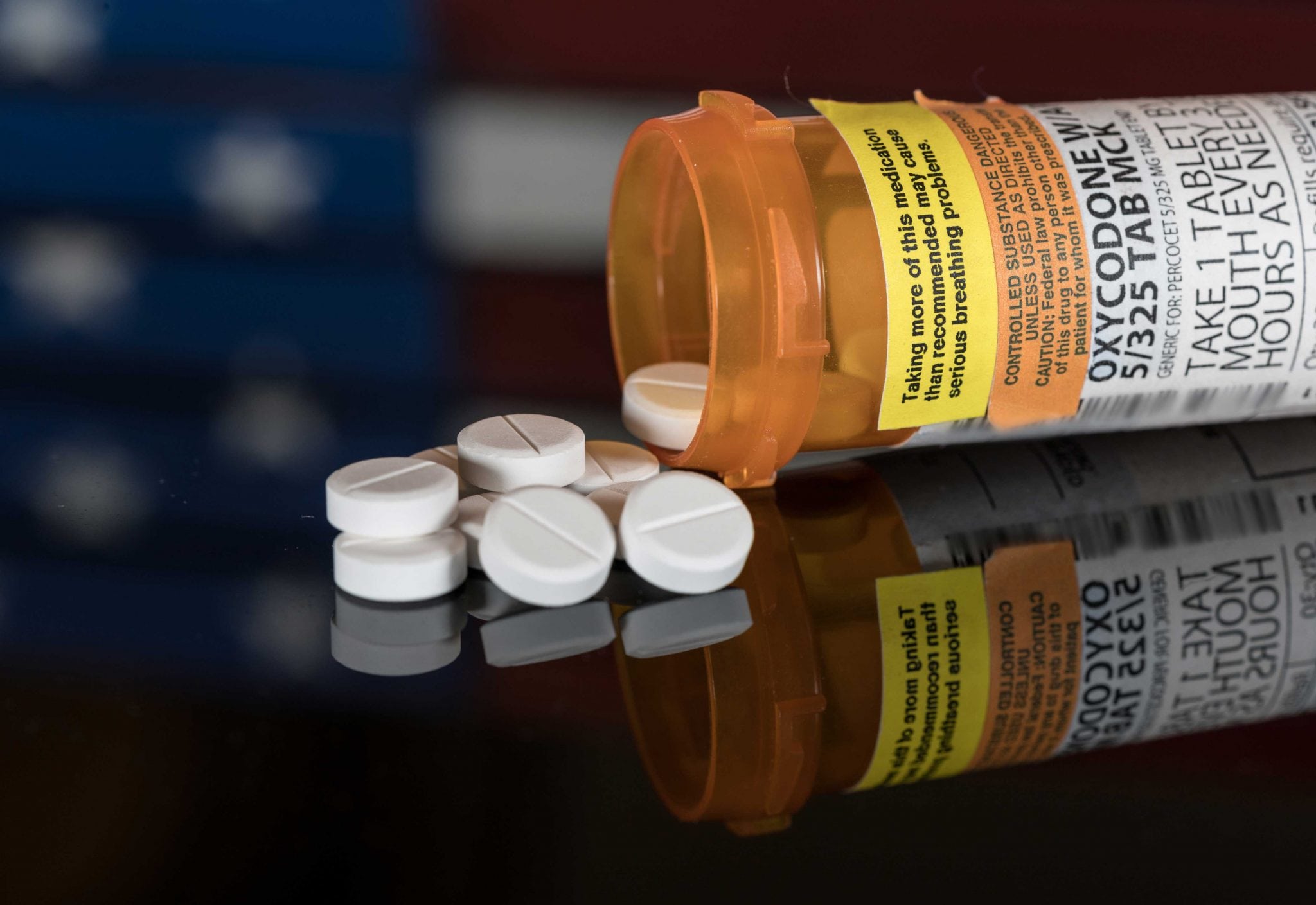<< Back
State’s $300 Million Share of Opioid Settlement ‘A Great Boost’ to Fight Crisis

August 12, 2021
Connecticut’s $300 million share of a recent legal settlement might seem lavish, but when it comes to cleaning up the mess caused by opioid use addiction it’s only part of the cost, according to a Hartford HealthCare addictions specialist.
“This will be a great boost to the widespread efforts addressing Connecticut’s opioid overdose crisis, but we need to be aware of the immediate threat opioid use disorder (OUD) poses for our community,” said Dr. J. Craig Allen, vice president of addictions for Hartford HealthCare and medical director of Rushford, part of the system’s Behavioral Health Network.
“Last year in our state, there were nearly 1,400 unintentional deaths and almost 100,000 nationwide. Our focus must be on reducing the risks for everyone misusing opioids.”
The state will receive the $300 million as part of a landmark settlement with pharmaceutical giant Johnson & Johnson, which marketed opioids as a pain reliever, and the country’s three largest drug wholesalers. J&J’s aggressive style and the alarmingly high addiction rate of opioids prompted the legal action and $26 billion settlement, shared by all states.
Although the payments to states will be spread out over the next two decades, Dr. Allen said the need is far more urgent.
“Thousands of people are suffering from OUD and they need help right now,” he said. “This is a critical public health issue that is not going away. We need to expand supportive, nonjudgmental and accessible healthcare services that are available when people are ready.”
A “harm reduction” approach will be key as organizations like HHC offer help for opioid addiction without blame or shame, Dr. Allen said. This includes making naloxone, a medication that reverses opioid overdose, more readily available statewide, and expanding existing community based programs. A unique partnership with the Meriden Police Department and the HOPE (Heroin, Opioid Prevention and Education) initiative in New Britain, Southington and Berlin have shown great success in helping people with OUD instead of criminalizing their drug use.
While the COVID-19 pandemic left many suffering with their OUD alone instead of seeking services, Rushford’s programs never closed, Dr. Allen said. People of all ages can continue to find help in person through in- and out-patient care, as well as via telemedicine.
“Making that connection for people with OUD is crucial to instilling hope,” he said, adding that HHC deploys recovery coaches, individuals with lived experience and specialized training, to its emergency departments to engage patients with alcohol, opioid and other substance use disorders. “For some, it makes all the difference to discuss available treatments, options, resources and challenges with people who have been there and lived it themselves.”
The settlement funds, he added, could be used to expand community-based programing and outreach so services meet people where they are at.